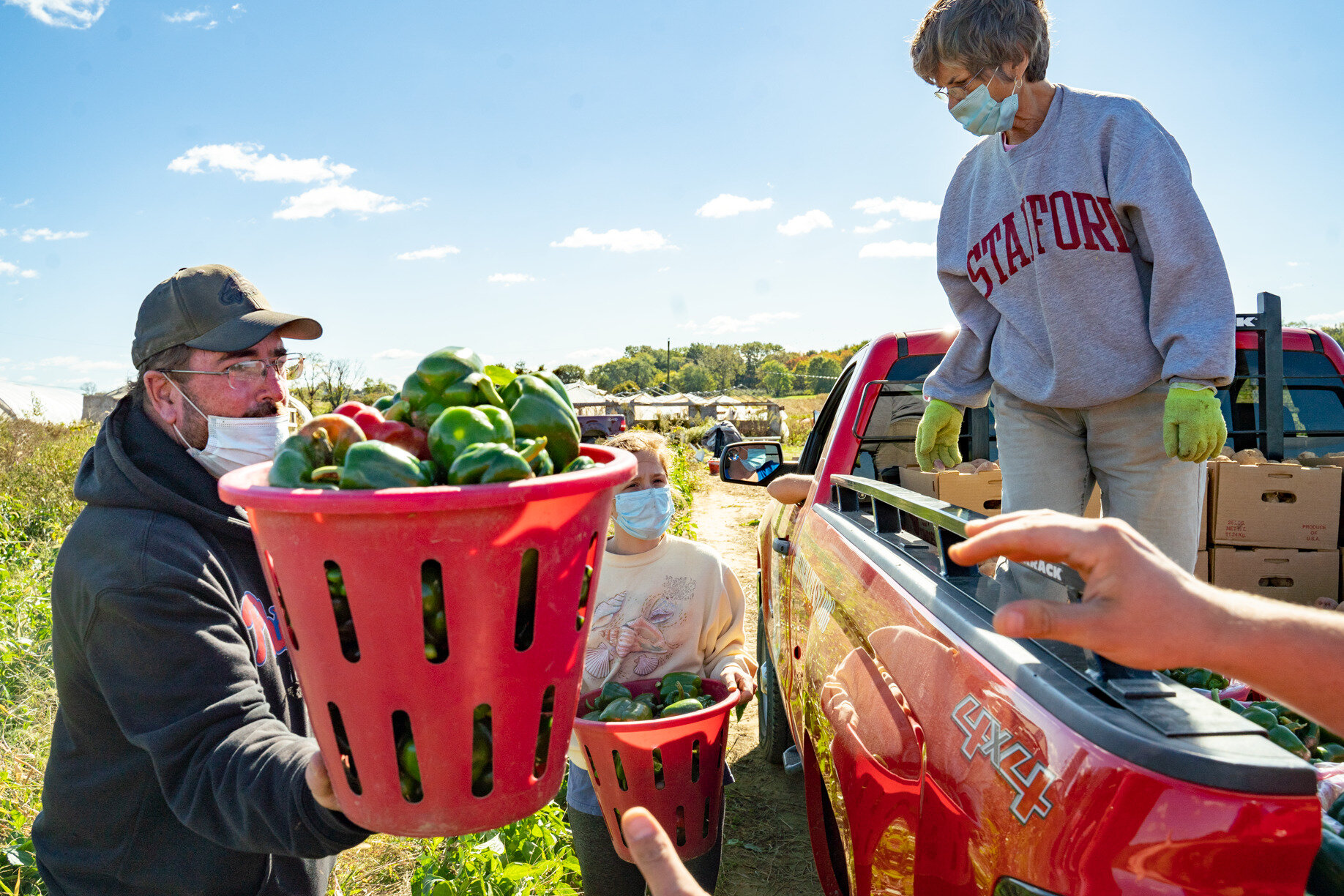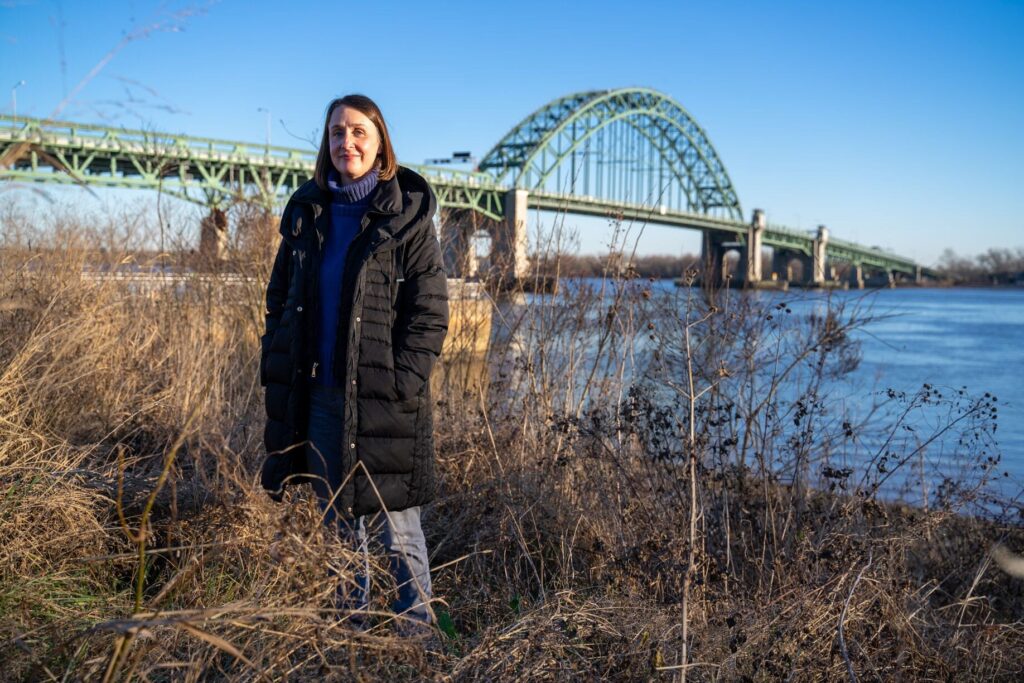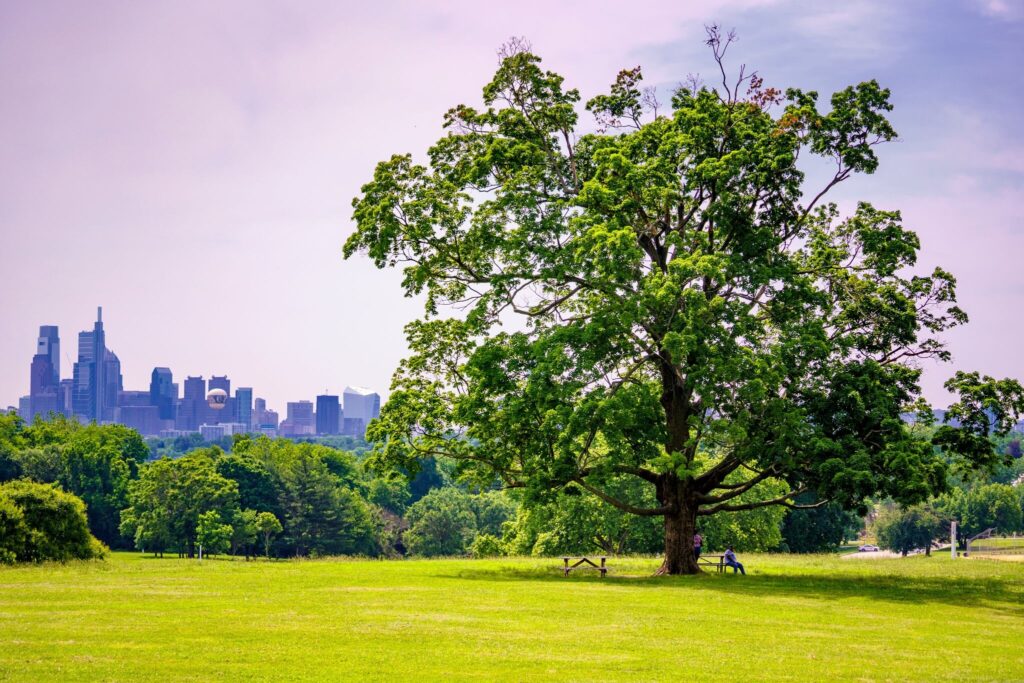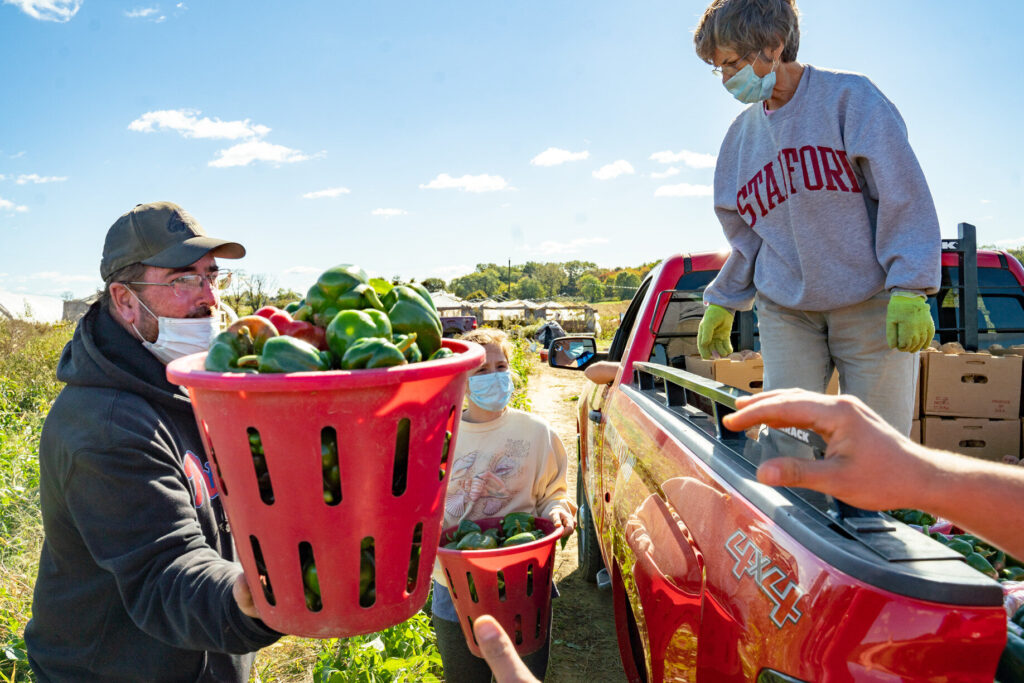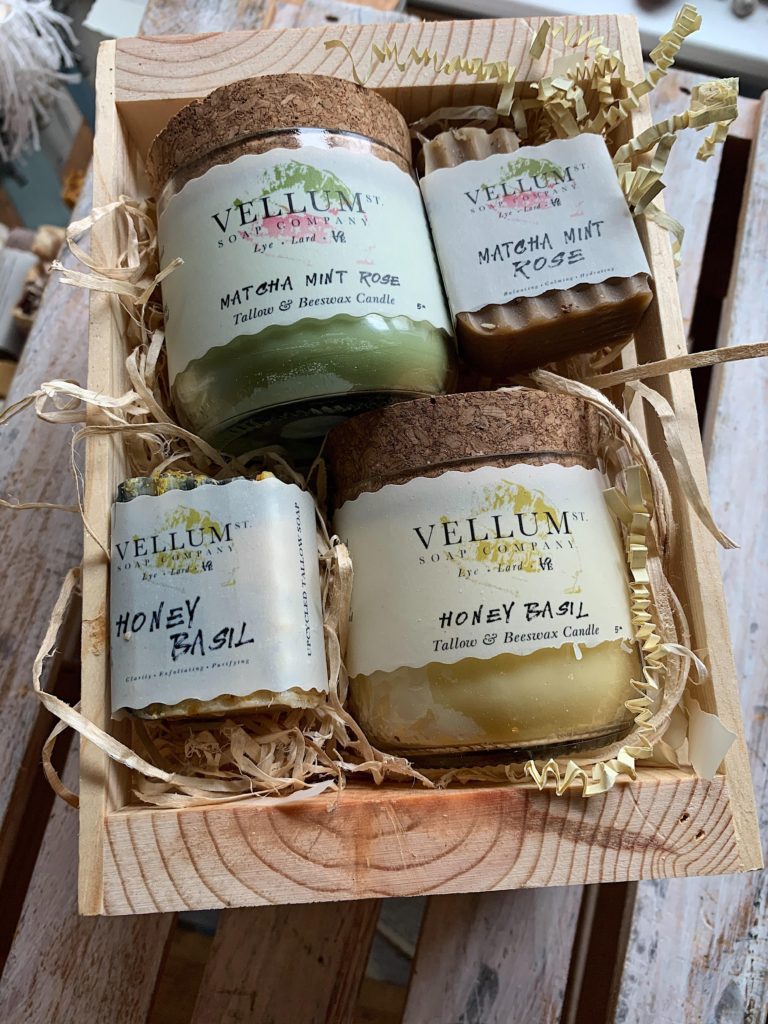When Pennsylvania governor Tom Wolf shut down “all non-life-sustaining” businesses as a public safety precaution in March, Philadelphia created its own list of businesses it deemed essential, which included bike shops.
Such was the beginning of a national bike boom throughout the country. As many businesses, like gyms and fitness studios, were forced to shut their doors, either due to customers leery of getting sick or government restrictions, bike sales skyrocketed.
As March wore on and it became clear that COVID-19 was going to change our lives for a long while, the Bicycle Coalition of Greater Philadelphia worked with partner bike shops to get them deemed essential, then lobbied with BikePGH in Pittsburgh and shops around the commonwealth to get bicycle businesses exempted at the state level.
Although the pandemic had just begun, it had already resulted in a huge spike in bicycle riding, and the city had reacted quickly to that spike by closing Martin Luther King Jr. Drive to motor vehicles.
With more people than ever choosing a bicycle as a means to getting around their cities and towns, keeping bike shops open became necessary across the nation.
“In April, bikes sales grew 75% [compared to a year ago]; in June, 63%,” noted Jeff Tracy at Axios. “Those numbers were even greater in categories like inexpensive leisure bikes (203%) and mountain bikes (150%), as those represent the styles most used by those driving the boom.”
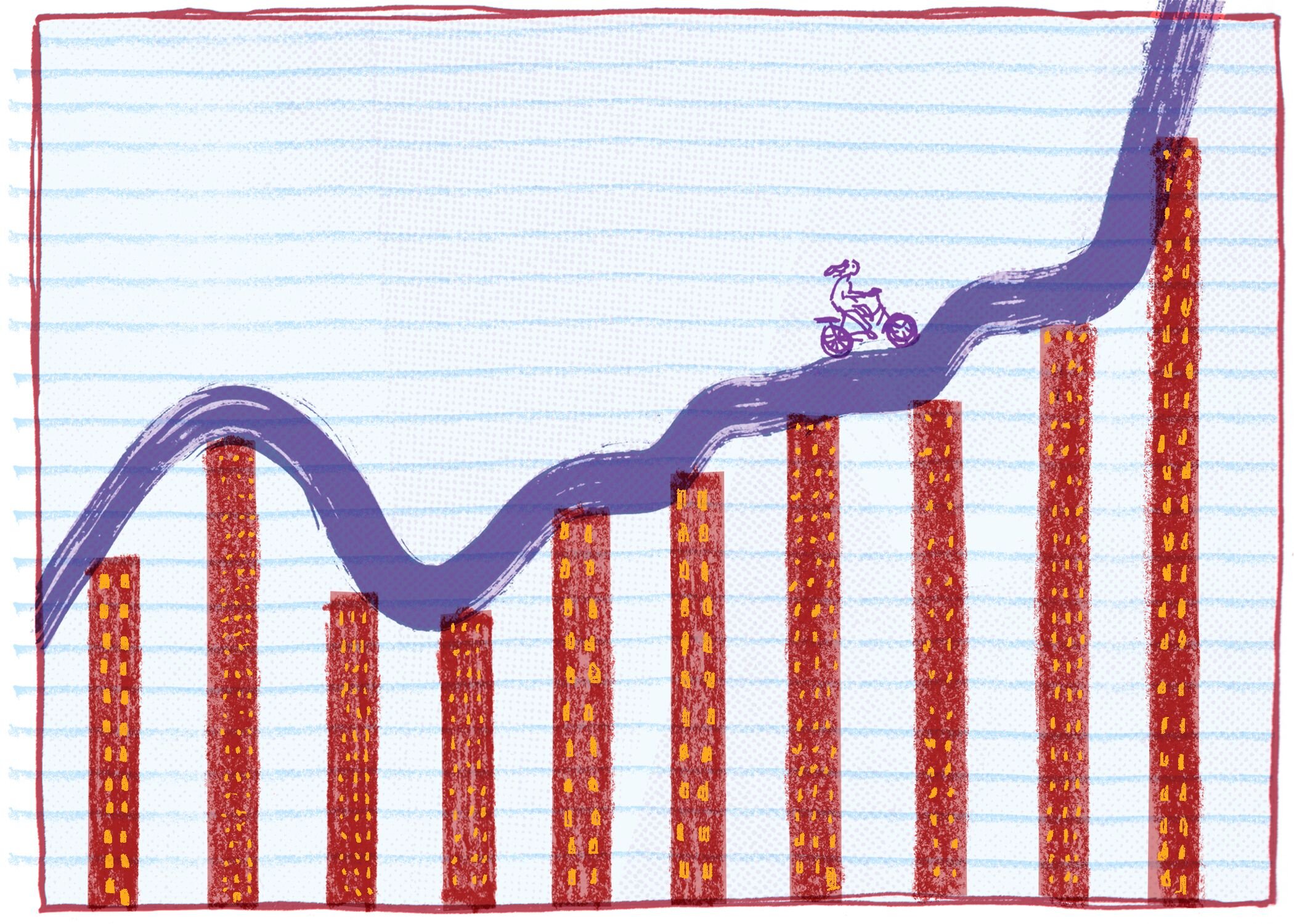
That was true in Philadelphia, too. Shops adjusted their schedules and implemented safety precautions to meet their new and existing customers’ needs.
Many shops I spoke with early on in the pandemic noted they were only doing repairs for customers who made appointments beforehand, and several were not allowing customers inside. Spots like Bicycle Therapy on South Street had a policy of spraying down all bicycles that came in and out of their store with sanitizer.
Michael McGettigan, owner of Trophy Bikes in Northern Liberties, noted in March 2020 that his staff was asking customers to “leave bike outside the door and split,” at which point a “gloved staffer comes out and applies CDC-approved disinfectant, brings bike in, it sits overnight and gets worked on the next day.”
Renewed interest in bicycling as a means of travel and recreation continued throughout the spring, summer and fall. There was eventually a national shortage of bicycles, and manufacturers struggled to keep up with demand.
“Throughout the summer and fall, people were still asking about bikes, but as you know, they were impossible to get,” says Shelly S. Walker, owner of Fairmount Bikes and Brewerytown Bicycles. “We had a bike order that was due to arrive in October, and since pretty much every bike shop was in the same boat of not being able to get inventory, we were able to do presales for those bikes starting as early as June. People were paying in full for a bike they couldn’t even see for four months, let alone test ride.”
This was unusual, but perhaps more unusual was how, as Walker notes, demand has continued into the winter.
“We’ll get emails now that say, ‘Hey, I know it’s impossible to find a bike right now, but do you have any?’ ” Walker says. “So I think when bikes start rolling in, people are going to be more willing to purchase while shops have bikes rather than waiting for the spring.”
Her stores have also seen an influx of used bikes.
“Most of these are only on the sales floor for a few days before they’re sold,” Walker says. “I do have to say that it’s been incredible how flexible and patient our customers have been with us. I’m so grateful for everyone who has been so understanding about hours changing, closings, delays and new policies.”
In West Philadelphia, young bike shop The Velojawn has seen substantial growth. So much so, owner Jerry Jacobs has decided to expand.
“Thankfully, our business is booming and we have exciting expansion plans at Velojawn,” says Jacobs. “We purchased the building next to our shop. We have completely gutted the building and reconstruction is underway.”
When the project is set to be completed, in the spring of 2021, The Velojawn will have roughly doubled its retail space.
Since the pandemic hit, every business seemed to rethink its model, and The Velojawn was no different. Given the Philly-centricity of the shop’s name and logo.
“As customers seem to really like our unique community brand and logo, we have exciting plans to bring in a lot of merchandise that is both cycling specific and leisure wear,” continues Jacobs. “Most importantly, we are hopeful that we will be able to employ more staff on a full-time and part-time basis.”
While shops have plans to meet their customers’ bike-supply needs, perhaps most essential to keeping the bike boom going, says Lee Rogers, owner of Bicycle Therapy, is giving folks with bikes more places to ride.
“If this boom is going to sustain here in Philly, we need to have safe places for cyclists to ride,” says Rogers. “Closing MLK to vehicle traffic has been a huge asset, and we hope it stays closed for the foreseeable future.”



